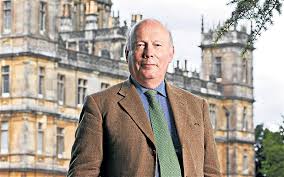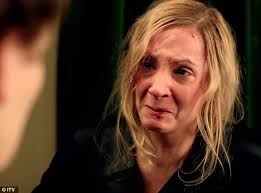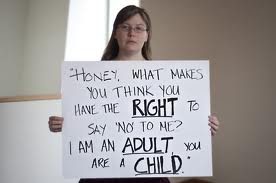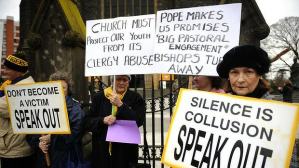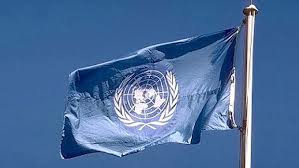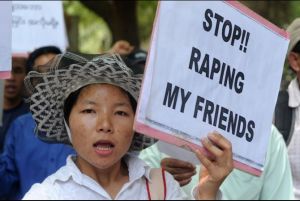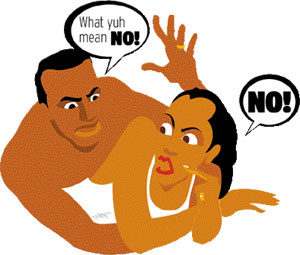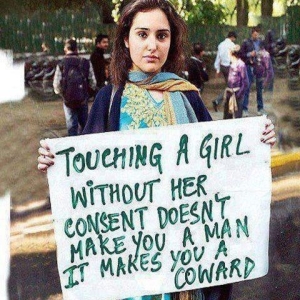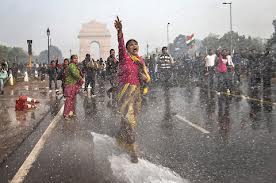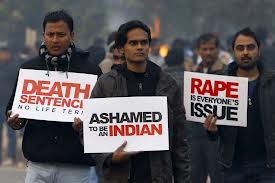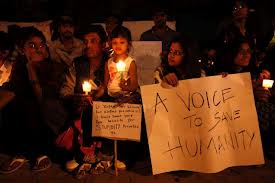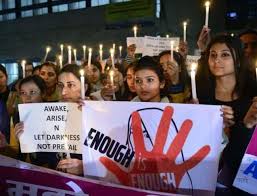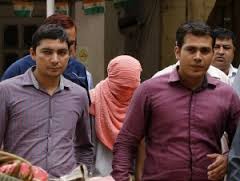Usually when you think of a rapist, you tend to think of an adult man lurking on a dark street corners or in a dodgy alley. Did you ever think a rapist could in fact be an adolescent youth under the age of eighteen who sits across from you in class? Well according to a new study published in JAMA Pediatrics nearly 10% of American youth cause sexual violence.
What was even more disturbing was that the thrill of getting away with it often overrode the crime being committed.
“Two out of three of our perpetrators said no one found out, so they didn’t get in trouble,” said study co-author Michele Ybarra.
Ultimately the blame for such callous behaviour has been put on the lack of sexual education at home in in schools throughout the United States. While this is true and education truly is one of the ways that we can clearly define gender roles and explain the concept of inalienable human rights regardless of sex, there are more influences over the youth of today that permit acts of sexual violence.
The lyrics in popular music for one, has instigated notions of sexual violence for as long as I can remember. To be clear, sexual violence according to the Centers for Disease Control and Prevention, is defined as “any sexual act that is perpetrated against someone’s will”. It encompasses a range of offenses, including a completed non-consensual sex act (i.e., rape), an attempted non-consensual sex act, abusive sexual contact (i.e., unwanted touching), and non-contact sexual abuse. Now back to the music.
The recent summer hit, Blurred Lines by artist Robin Thicke, has drawn harsh criticism from feminist groups and women worldwide. Sexual abuse tends to leave the victim feeling powerless. The “I know you want it” lyrics seem to perpetuate these victim-blaming reactions that leave many of us feeling powerless long after the abusive incident. To be clear, no victim be it male or female is asking to be raped. Furthermore, just because the victim was “asking for it” does not mean that sexual violence of any kind is OK. In fact, this particular song instigates that men cannot be held accountable for the ways in which women tempt them- nor should they be forced to.
To those who say that music is how your interpret it and Robin Thicke wasn’t instigating that a rape culture is permissable, I say – true. However, he was also quoted by GQ magazine saying that it was “a pleasure to degrade a woman.”
“I’ve never gotten to degrade before. I’ve always respected women,” he said.
While this song may have be an exciting social experiment for him, to many victims of sexual abuse it was more than a slap in the face.
Melinda Hughes, wrote an article on policymic, criticizing the degradation of women as sexual objects by this very song.
“In the video, the men are given all the power and control. The models dance around with vacant expressions. The three fully-clothed men touch and gawk at them… (and) as a result, the women seem more like sex dolls for the amusement of the men than actual women,” she wrote.
When the value of women is continuously contingent on whether a woman fits the ideal of sexual beauty, we create a society in which the goal of a woman is to be sexually appealing. This notion is exactly what is diluting gender roles and creating “blurred lines” as such among our youth today. However, the reality is quite clear, sex without definitive consent can amount to rape. Recognizing the influence of pop culture is a huge step in eliminating sexual violence amongst the young. Just because something is popular does not make it right.
Having that said, I do agree that the kids these days need to have a firmer sexual education program. According to an article on healthday.com, children in the US are simply not getting the education they need at home or in school about sexual relationships.
“In this country, we aren’t talking at all about healthy sexual relationships,” said Susan Tortolero, a professor of public health at the University of Texas.
“Most of the time, we’re just telling kids not to have sex. People don’t know how to talk about sex, so almost always people are having sex without explicit consent. If we could teach kids how to give explicit consent, then they might be more protected.”
What do you guys think? What is to blame for the scores of young children/youth committing sexual crimes?
We have a voice, lets use it.
Related articles
- Powerful photography series ‘Project Unbreakable’ sheds light on sexual violence (globalnews.ca)
- Women’s groups urge protection against sexual violence (dailystar.com.lb)
- Downton Abbey’s Rape Scene in Bad Taste? (whataboutourvoice.wordpress.com)



